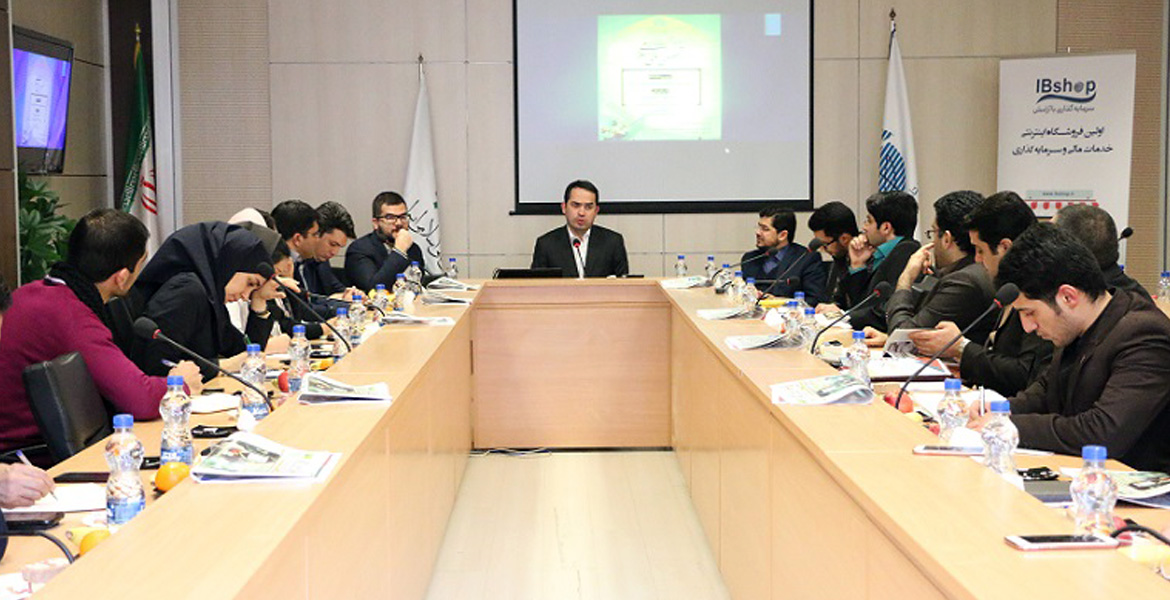
The IAIF held the 12th specialized session on the review of the international Sukuk market and financing methods through it on 14 Feb. 2017.
Abradat Kamalpour, a representative of ASHURST in London, said that the Sukuk market was more prevalent in Malaysia before 2000, but since then it has entered other international markets.
Regarding Ijarah sukuk, he said the only problem with these bonds is that the issuer must have assets, and airplanes and ships are the best assets for these bonds.
Kamalpour pointed out Murabaha Sukuk, saying Malaysia is the largest market of Murabaha Sukuk. These bonds have more benefits than Ijarah, the most important of which is that the issuer does not need any assets. These bonds are very popular in Malaysia, but a number of countries do not consider Murabaha as a sharia-compliant bond, and believe that when an investment is made through this bond, the intermediary has no assets to trade in the secondary market, and this bond is a kind of usury bond.
Kamalpour explained about combined bonds of power of attorney and Murabaha, saying when an issuer has machinery or assets and can use it, he uses Murabaha for the main part of the debt and the power of attorney contract for the rest.
Then Mahmoud Reza Khajeh Nasiri, CEO of Arman Investment Management Corporation, said since Murabaha is not accepted in the Persian Gulf and Arab countries, Malaysia makes models of these bonds that are simple, and the intermediary company acts in financial markets such as the London Stock Exchange to buy and sell them.
He pointed out these bonds in the Iranian financial market have been prepared in compliance with sharia, but our solution was to move the bonds in the direction that the main financier enters into transactions and the goods reach the real consumer. This issue was also approved by the Sharia Committee of the Exchange Organization.
Khajeh Nasiri said that although Iran is a pioneer in Islamic securities in terms of time and volume, because it has not been able to issue Islamic securities in the international arena so far, it has no place in international market statistics.
The lack of a rating agency complicates the conditions for the issuance of these securities in the international arena, because the bond market is developed and wide. Funds from these securities are formed from all over the world, and a reputable rating agency in the region conducts the rating of securities so the securities can be priced, otherwise this pricing is hard work.
He went on to say that in the field of issuing standard bonds in the international market, a difficult and costly path is ahead. If an Iranian issuer wants to design and issue an international sukuk, unlike a non-Iranian issuer who only has to think about which options to finance, an Iranian has to prepare the infrastructure and conditions and then issues the bonds.
Regarding the strategic importance of issuing these bonds, the CEO of Arman said breaking the space caused by years of sanctions, showing the practical feasibility of Iran's presence in international markets, creating new financing structures to maintain and increase Iranian capital, reducing the country's systematic risk, reducing credit crunch and its costs, improving financial and economic knowledge in order to encourage international market conditions and the possibility of rapid and maximum use of it, helping to achieve the goals set in macroeconomics and policies related to the implementation of resistance economy are the most important strategic issues for the issuance of these bonds.
Regarding the reduction of financing costs with the issuance of international sukuk, he mentioned the issuance of these bonds is an effective and long-term solution to reduce the financing rate in the country. It also causes the optimal use of the country's resources in order to finance long-term projects. Providing solutions related to systematic risk coverage of the country which is the main long-term factor in high financing costs, is another advantage of these bonds.


